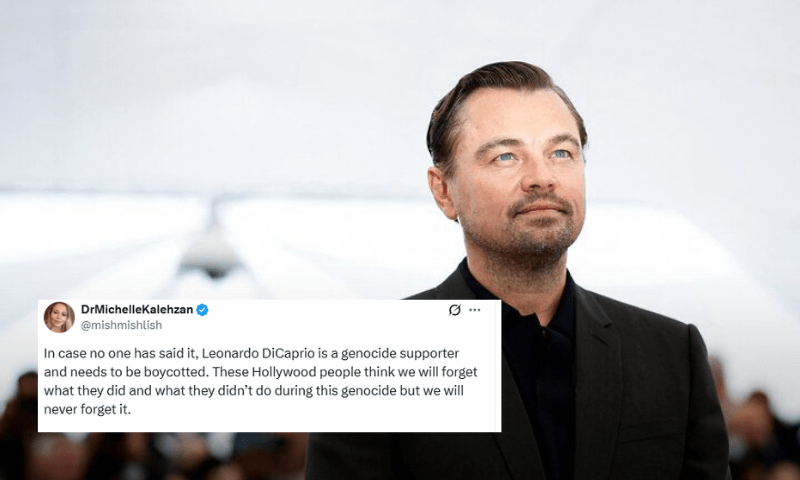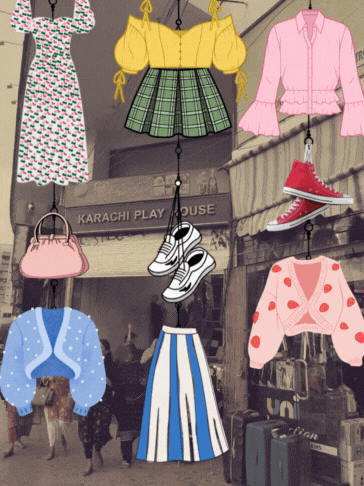Rastah’s Zain Ahmad hopes ‘voices of peace, reason will drown out hate’ amid rising tensions with India
Rastah co-founder and creative director Zain Ahmad hopes for a Pakistan where difference was treated as a strength, not a threat as the nation came together under the “looming shadow of war.”
As tensions continue to rise between Pakistan and India, with both nuclear-armed nations striking each other, Ahmad said he took his time to speak out, not out of hesitation but because he needed space to process everything that happened.
“There’s a deep, painful irony in what we’ve witnessed over the past few days. The same artists, filmmakers, writers, and independent journalists who have so often been silenced, sidelined, or censored by the state… are now standing at the forefront, defending the country with clarity, compassion, and conviction,” he wrote in an Instagram post.
He continued that these people were using their voices not for division but for unity by condemning all forms of violence, supporting the people and honouring the courage of the armed forces.
“And in that, there is an undeniable truth: censorship never works. It never has. Because the desire to see Pakistan thrive runs deeper than politics. It lives in the hearts of those who create, question, and care.”
Ahmad said that X, once shut down, became indispensable again due to necessity, “because when the stakes are real, when the country is at risk, the people respond. Not just with fear, but with love, with unity, with strength.”
He added that it was “heartbreaking that it took the looming shadow of war for us to realise the kind of togetherness we are capable of.” Simultaneously, Ahmad highlighted that the situation gave him hope for a Pakistan where critique isn’t silenced but welcomed, where the country is shaped by collective conscience, not control.
“In the end, we all want the same thing: for Pakistan to be better. For it to become the nation we know it has the potential to be.”
‘Selective outrage serves no one’
Talking about the situation between India and Pakistan, which started escalating after the Pahalgam attack in India-occupied Kashmir, which New Delhi blamed Islamabad for, Ahmad said every single Pakistani “unequivocally condemned the attack in Pahalgam.”
“Across the board, there was sorrow, empathy, and outrage. This country knows the cost of terrorism far too well — we’ve bled from it for decades. We’ve buried children, mourned entire communities, and lived through the trauma of violence.”
He maintained that when the news from Pahalgam broke, his heart sank, as did those of millions in Pakistan, with Pakistani politicians, media and people all condemning the attack. “Because pain recognises pain.”
Ahmad stated that the Indian establishment’s response, on the other hand, was deeply troubling because “instead of a call for calm or compassion, there was a rush — a frenzied descent into war-mongering, vitriol, and dangerous nationalism.”
The Rastah founder highlighted that Indian media outlets, “many of which claim to speak for a democracy”, fuelled the fire with “jingoistic, irresponsible reporting.” He continued that the most heartbreaking part was that many citizens, including those educated and otherwise reasonable, echoed the Indian media’s hysteria.
“Violence, no matter where it occurs or who it affects, must always be condemned. Whether it’s the tragic attack in Pahalgam, or the horrifying targeting of civilians inside Pakistan by the Indian military — both are acts that rob the innocent of their futures.
“Both deserve our outrage. Selective outrage serves no one.”
He emphasised that at the end of everything, it was not the powerful who paid the price, rather it was the poor, the working class, the children and the families caught in between.
“I still hold onto the hope that better sense will prevail — that voices of peace and reason will drown out the noise of hate.”














Comments